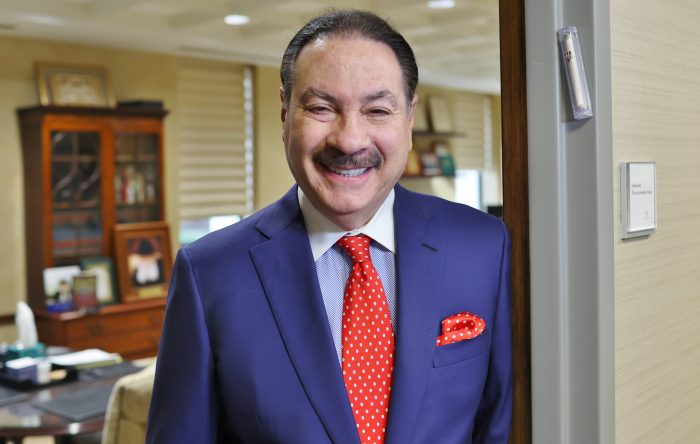It was the late 1970s when Judy Fishman came to work at the New York-based trade magazine publishing company I helped run. She brought with her a large measure of self-assurance and determination, as well as more than a hint of edginess to make certain that you noticed her. It was as if she was saying, or shouting, “I’m going to make an impact here.”
And she did. Before I knew it, I had been crowned as her mentor, charged with evaluating and improving her editorial skills which, to my surprise, were far better than I had expected. In short order, she announced that I was now expected to school her on the art of selling, my specialty.
“If I can write, edit and sell, I can be a publisher like you, maybe start my own magazine,” she declared. Exactly the right verb because it was her declaration of dependence.
I began taking her on sales calls with me, the tougher ones, the ones at which I had to be at the top of my game — and, even then, there was no certainty I would prevail.
I recall one such meeting at a company in a suburb of Pittsburgh. Nailing down the appointment with the advertising director had been a challenging marathon. Finally, when I secured it, I told myself that the meeting had to be easier. It wasn’t.
I brought it up to Fishman recently and she remembered it vividly.
“I won’t ever forget it,” she said. “You could tell that our prospect was used to quickly blowing off salespeople, but you got him talking and he never stopped — except when you interjected with a key selling point and then helped him get rolling again.”
She then asked if I recalled what she had said the moment we walked out of his office with the order. I nodded but let her tell me: “I said, ‘That was like being in a sensitivity chamber.’”
“The value of mirroring a prospect — verbally and energy-wise — can’t be underestimated. I must have told that story to my salespeople 100 times in the last four decades,” she added.
Fishman and I both changed jobs three or four years later and a few months apart and, in 1984, she started her own magazine in the dentistry field called “LMT” as in “Laboratory Management Today.”
In its 41 years of life, it has thrived under her strong and loving guidance, in spite of the magazine industry’s loss of print advertising in recent years.
“We took a few lumps,” she said, “but print revenue shortfalls have been largely offset by growth in online advertising, our thriving trade show business and its related sponsorship dollars.”
In our long overdue conversation, she continued to thank me for my mentorship, and we agreed that everyone in the selling field — and in other fields, too — should seek and find a mentor. She noted that she greatly appreciates that I accepted her as an equally engaged and passionate “player,” with no chauvinism whatsoever.
“You took me under wing, guiding and molding me into the professional publisher I became. There are so many ‘Ira quotes’ my staff lives by to this day. And I most fondly remember the time you told me, ‘Don’t try to be me when you make a call. It doesn’t work. You do you. You’ll be fine.’
“I know you’ve mentored others besides me, Ira, and I’ve done my share of helping others, including my son Eric, whose vision, software and design expertise plays a major role in our company’s success.”
And, with a broad smile, she adds, “I should point out that he also mentors me on the inner workings of the digital world where I’m something less than a quick study.”
Boy, do I know how that feels!
Sellenthal is a monthly column by Ira Ellenthal, author of The Last Book About Selling That You’ll Ever Need (Amazon, $21.95)




























